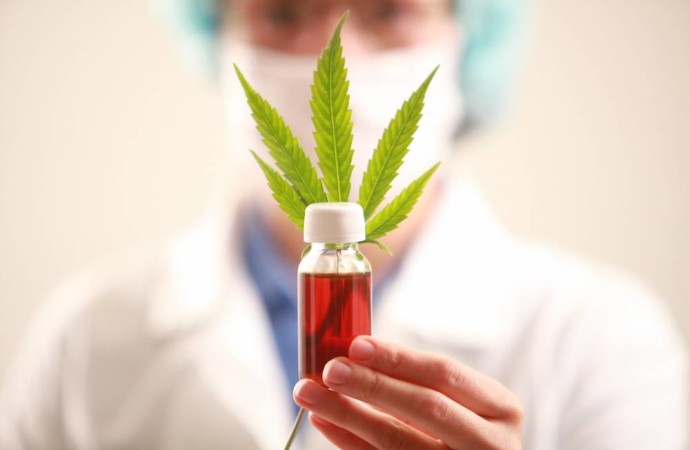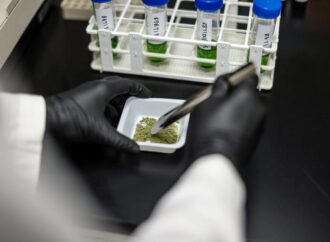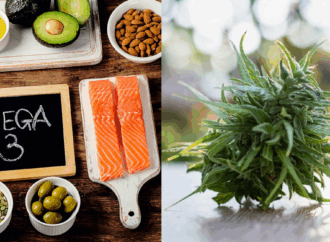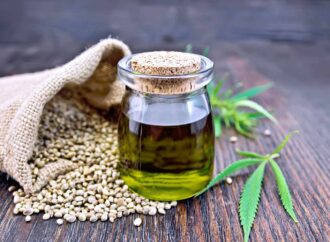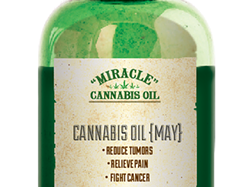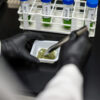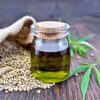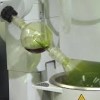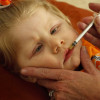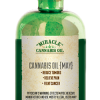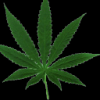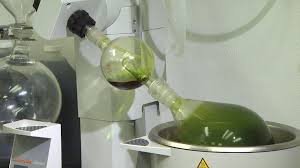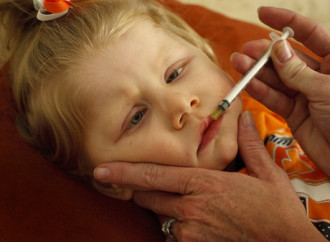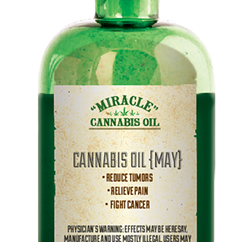New research has added to the growing opinion that cannabidiol (CBD), a non-psychoactive compound in the cannabis plant, may prove effective in reducing chances of relapse in alcohol and drug dependency. Fortune examined a study in which a CBD gel was administered to rats that were experiencing cravings from daily doses of cocaine. The study
New research has added to the growing opinion that cannabidiol (CBD), a non-psychoactive compound in the cannabis plant, may prove effective in reducing chances of relapse in alcohol and drug dependency.
Fortune examined a study in which a CBD gel was administered to rats that were experiencing cravings from daily doses of cocaine. The study authors found that the rats exhibited fewer signs of relapse after receiving the oil, even when prompted by cues that had instructed them to take the substance.
Their research found that these rats showed reduced issues of craving, as well as lower levels of anxiety and no signs of impulsivity. Upon completion of the week-long CBD treatment, the rats were again tested up to five months later, and again, the cravings and related stressors appeared to be abated, suggesting that CBD had the potential for a long-term beneficial effect, even within a brief timeframe of treatment.
However, opinion within the recovery and medical communities appears divided on whether the evidence to promote its use as treatment is sufficient—with proponents putting forth positive results in tests involving opioids and heroin, while others have suggested that further testing is required in order to make a definitive statement on CBD and drug dependency.
